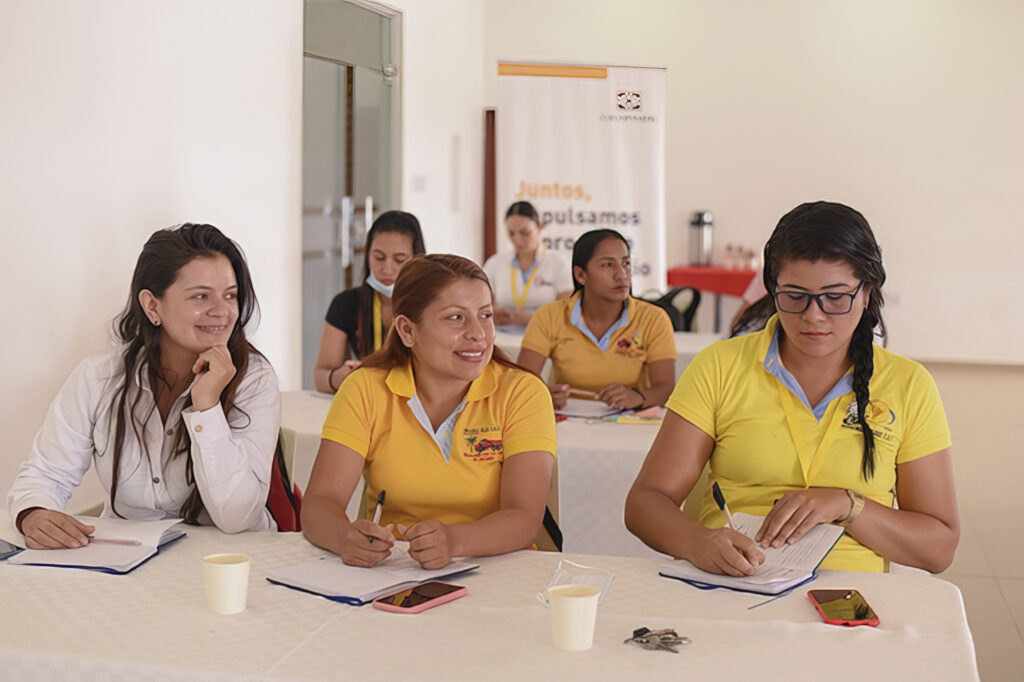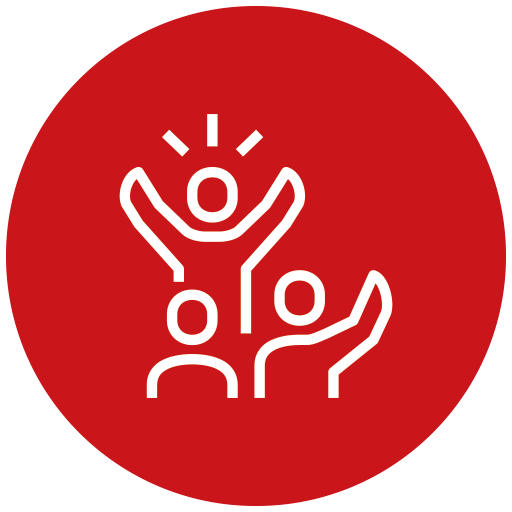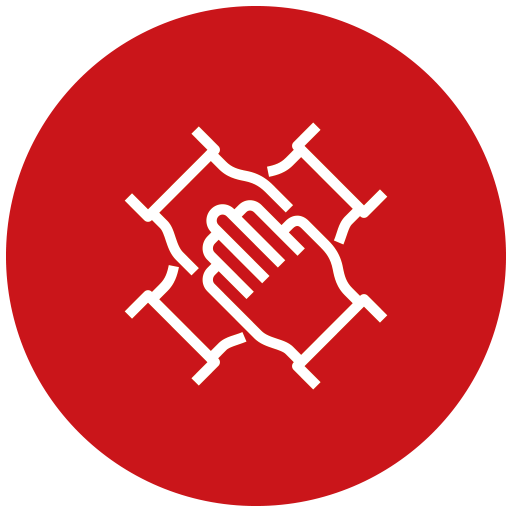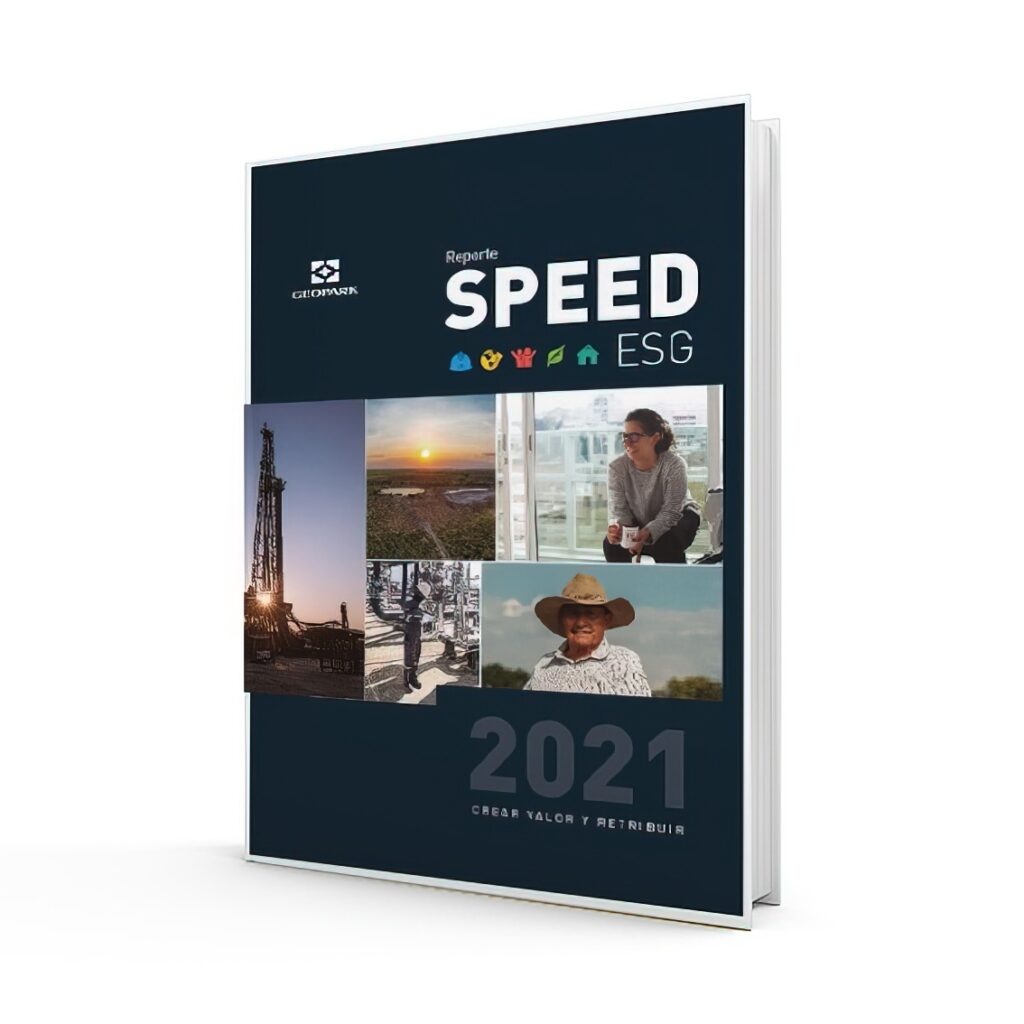Materiality and Stakeholders
During 2021, we initiated the update of our material topics by means of an exercise that enabled us to identify the relevant material topics for the responsible and sustainable management of our business, incorporating some of the guidelines proposed by the Global Reporting Initiative (GRI 1, 2021) and the Oil and Gas Sector Standard (GRI 11, 2021), which indicate the aspects to take into consideration for the definition of material topics based on their relevance, impact and risk.
he process of identifying the material topics presented in this SPEED/ESG Report was carried out during 2021 and 2022, taking into consideration our knowledge of the impacts produced by the performance of our operations, the experience of the hydrocarbons sector, and the discussions and consultations held with our stakeholders.

This process involved quantitative and qualitative methods, including surveys, in-depth interviews, focus groups and the analysis of secondary sources. A total of seven focus groups were held with communities, suppliers and partners, five in-depth interviews with authorities and 86 employee surveys.
This dialogue and understanding process enabled us to receive feedback from our stakeholders on the perceptions of the real and potential impacts, both positive and negative, of our operations and presence in the territories on the economy, the environment and the communities.
Stakeholders

COMMUNITIES AND NEIGHBORS
People, organizations or groups that represent the interests of civil society and that are present in our territories of operation.
They are those with whom we engage in neighborly relations without distinction of race, ethnicity, culture, gender or any criterion that represents a difference for inclusion.

LOCAL AND NATIONAL GOVERNMENT

EMPLOYEES

PARTNERS

SUPPLIERS AND CONTRACTORS



